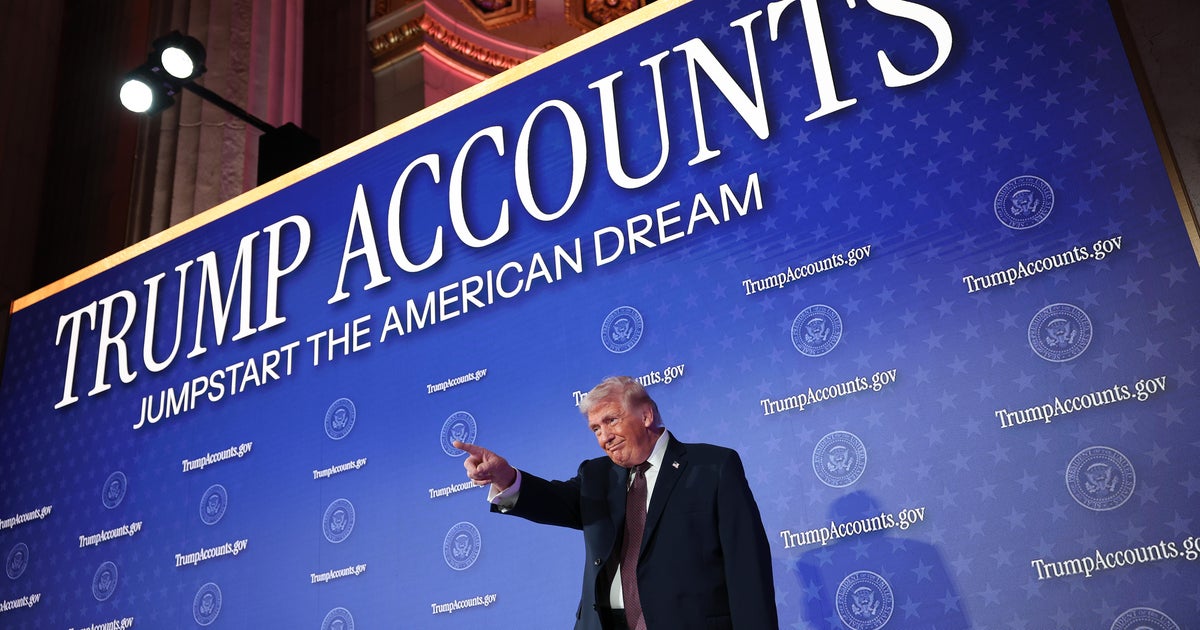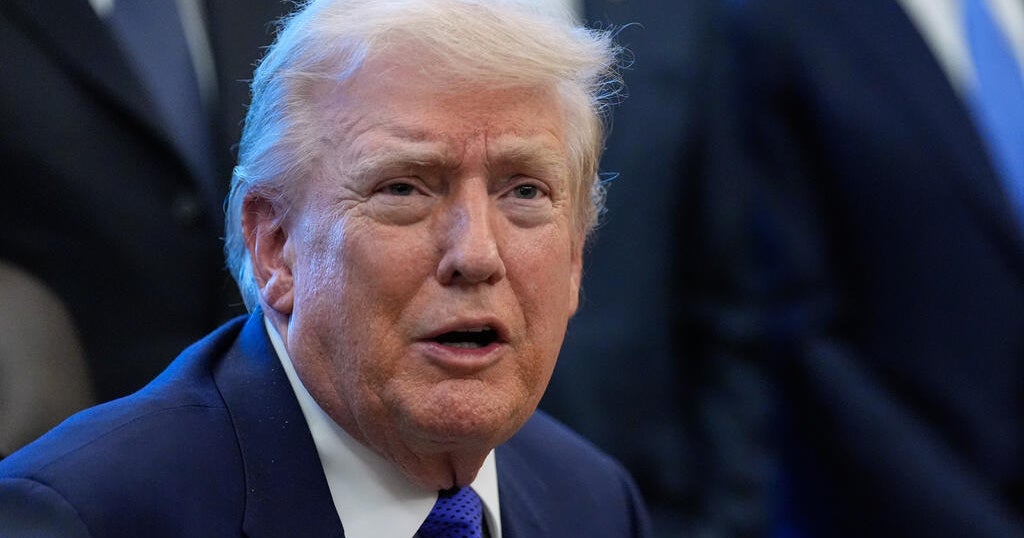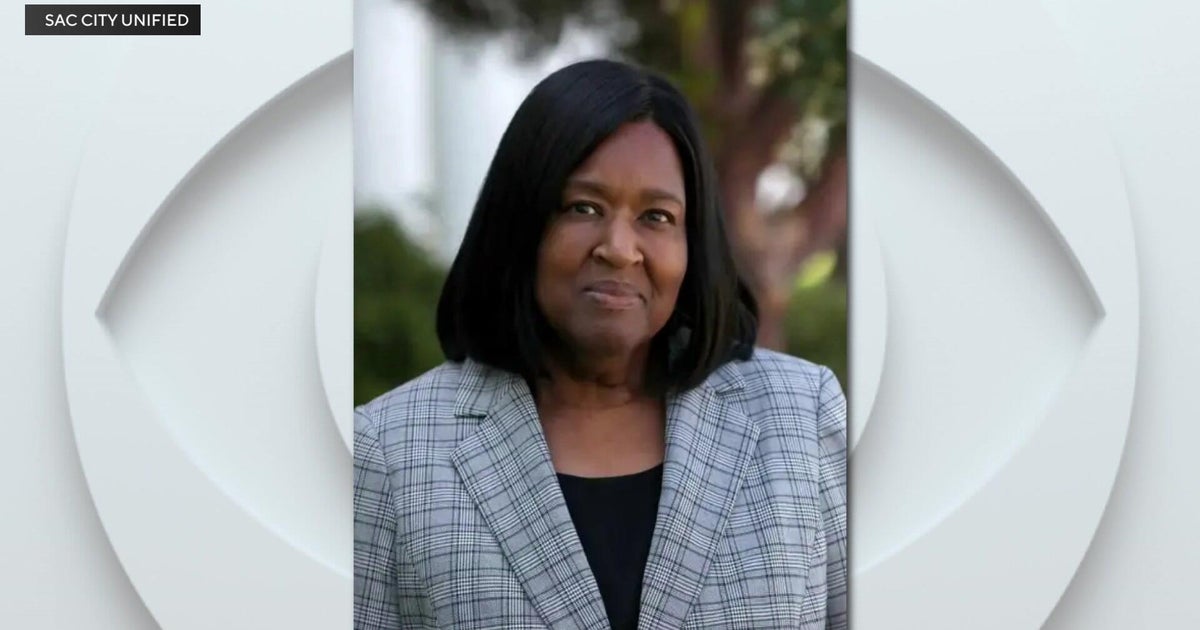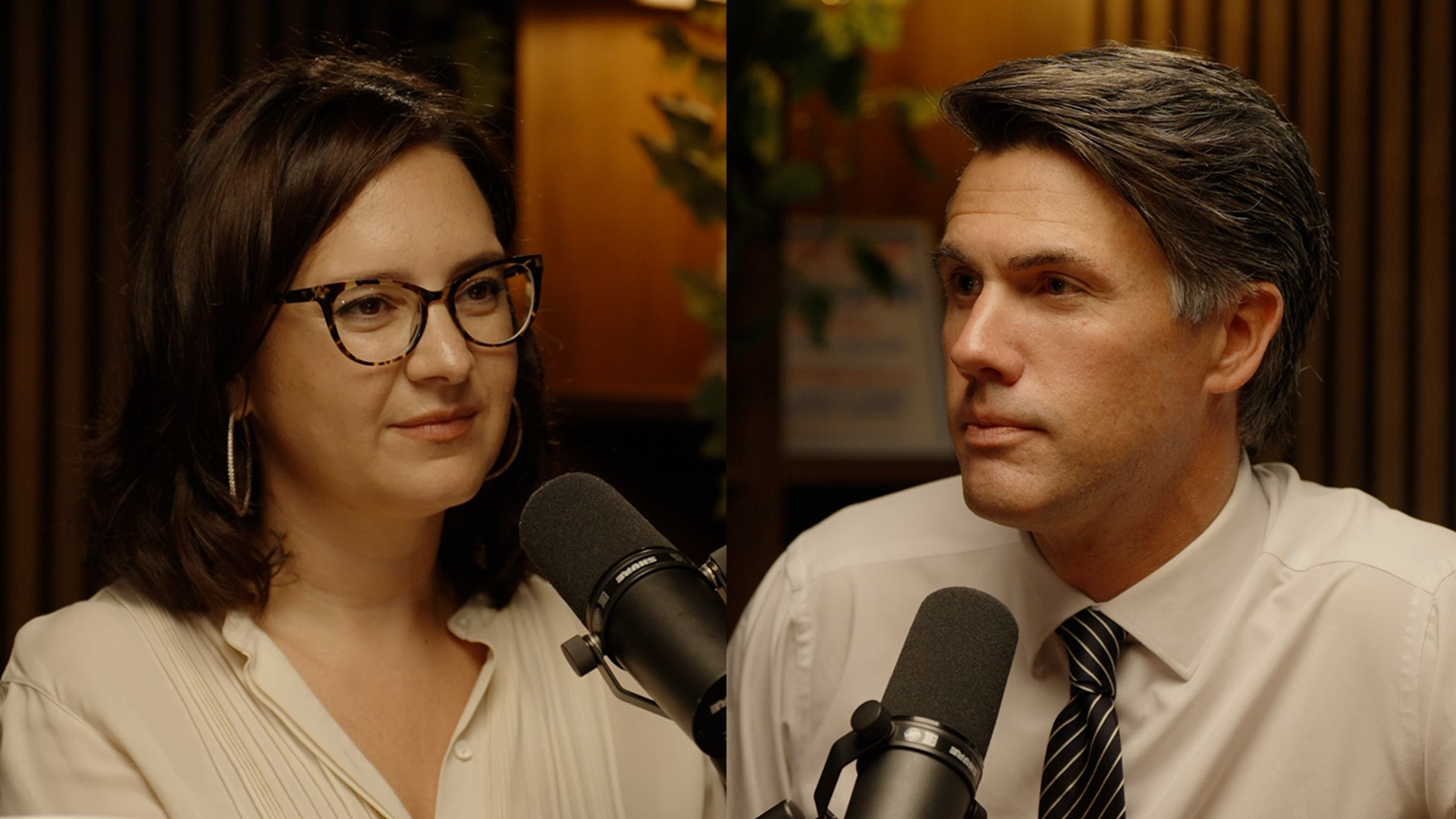Condoleezza Rice interview: Full Transcript
As President Donald Trump continues to craft his foreign policy doctrine, former Secretary of State Condoleezza Rice offers insight on America's problems on the international stage.
Rice, the author of a new book "Democracy: Stories from the Long Road to Freedom," sat down with CBS News' chief Washington correspondent and host of "Face the Nation," John Dickerson, to discuss Russia and the growing tensions between the U.S. and North Korea.
What follows is a full transcript of the interview, which aired Sunday on "Face the Nation."
JOHN DICKERSON: And joining us now is former Secretary of State Condoleezza Rice. She's got a new book out. It's titled "Democracy: Stories from the Long Road to Freedom." Welcome, Madam Secretary.
RICE: Thank you.
JOHN DICKERSON: Very good to have you here.
CONDOLEEZZA RICE: Great to be with you.
JOHN DICKERSON: Senator Manchin and I were just talking about Russia so I'll start there with the question to you, which is: help Americans, who have heard all the political talk of Russia, how should Americans think about Russia and America's national security interests?
CONDOLEEZZA RICE: Well, we have to think about Russia in terms of the last several years under Vladimir Putin. And I think what we're seeing is a president of Russia who has established authoritarianism at home and assertiveness and aggressiveness abroad. He really believes that he is re-establishing Russian greatness, that he has Russia back in the game. But the most important thing is that he hasn't seemed to respect certain lines in doing that. And the most important thing is to re-establish that the United States is going to defend its allies in NATO under Article 5: "An attack upon one is an attack upon all," that the United States will not countenance the Russian military threatening our forces by flying very close to our ships or to our planes. I think rebuilding the Defense budget has helped to send that signal. And by the way, the strike in Syria has helped us send the signal that the United States is going to get leverage back in the Middle East. And so this is a dangerous time with the Russians, but it could also be, once we've established the ground rules, there are many things we need to cooperate with the Russians on including, by the way, the most vexing problem of North Korea, where they too can't be too comforted by a reckless North Korean leader with missiles and nuclear weapons that can reach Russia, as well as eventually the United States.
JOHN DICKERSON: I want to get to North Korea in a second. But you write in your book about Russia being a tide that has gone deep into Europe when it's powerful and receded when it's weak. Where is America in terms of breaking that tide? I mean, is it halfway there, quarter of the way there?
CONDOLEEZZA RICE: Well, we've always hoped that the Russians would see their role in the world as one built on the respect that comes from economic power, from soft power. But unfortunately, it's turned to military power again to establish itself. And I do think that we've begun to say to the Russians, for instance, what President Obama did to put rotating forces in the Baltic States and in Poland. That was a good message to the Russians that certain things are not acceptable. The strike in Syria was a good message. But we need to continue to send strong messages about Ukraine and other places that we're not going to countenance a Russia that aggressive against allies and states that shouldn't be threatened by their neighbors.
JOHN DICKERSON: On North Korea, what should America not countenance? What is the tipping point for--?
CONDOLEEZZA RICE: A lot has happened, John, in the last several years. This is now a different regime than even under Kim Jong-Il, the father. Kim Jong-Un is reckless, maybe even a bit unstable. He has made improvements in his nuclear capabilities that look as if he's getting closer to a deliverable nuclear weapon. And perhaps, I don't know what they're telling the president because I don't have the intelligence, but three, five years, the ability to reach the United States, that cannot be countenanced by any American president, I don't care who's in the White House. In order to deal with that you have to change the Chinese calculus, and I think that's what the administration's trying to do. They've worried most about the collapse of the regime, and their long border, and instability on their border. But you have to say to them, "Even if you have to take very tough steps that might ultimately collapse the regime, you have to take steps. Because we will if you don't." And I think that's the message that you're starting to see.
JOHN DICKERSON: In your book you are making the case for democracy. We have a president who talks about "America first;" we have a lot of Americans who are wary of U.S. entanglements overseas. Make the case for democracy to those who would be in the more, "Hey, let's just not fuss with the overseas stuff."
CONDOLEEZZA RICE: Well, the first thing is to remember what democracy promotion is not. It is not what we did in Iraq and Afghanistan. Those were security issues that we felt we had to solve, and then we said, "Once we've overthrown those dictators we need to give those people a chance toward democracy." But most of democracy promotion is really about supporting those within their countries that want to have the simple freedoms that we have: the right to say what you think, to worship as you please, to be free from the knock of the Secret Police at night; places like Liberia, and Ukraine, and other places that are trying to get there. Now, Americans should recognize that of course we're going to defend our interests. But in the long run, our interests are better served when we have democracies that don't hire child soldiers, that don't harbor terrorists as a matter of state policy, that don't traffic in human beings, that don't start wars with one another. The quintessential example of this is that we took a risk after World War II that a democratic Germany would never threaten its neighbors, that a democratic Japan would never threaten its neighbors. And now not only have they not threatened their neighbors, they are firm allies and they are pillars of international stability. Democracy takes time. One of the points that I make in the book is, took us a long time. That first American Constitution counted my ancestors as three-fifths of a man. That first American Constitution didn't provide my father the right to vote in 1952 in Birmingham, Alabama. But I took an oath of allegiance to that same constitution as a black woman secretary of state with a Jewish woman Supreme Court justice swearing me in. Democracy takes time and we have to be a little bit more patient, and a little bit more helpful in speaking out for those who are still trying to get there.
JOHN DICKERSON: Let me ask you about that because President Trump, whether it's Erdoğan in Turkey, or el-Sisi in Egypt, or Putin in Russia, the sound of freedom does not seem to come often in conversations with him. Is there a cost from that?
CONDOLEEZZA RICE: Well, I think it's early in the administration. There's something about the presidency that you recognize over time the tremendous not just responsibility, but the weight that it carries. And of course we're going to have to deal with the president of Egypt, of course we're going to have to deal with the president of Turkey. But it's well to remember, too, that our interests and our values suggest that when countries that we have good relations with and want good relations with actually reform before there are revolutions, our interests are served too. And I think that if the United States-- democracy promotion actually is very often not very expensive; it's supporting elections, supporting the building of civil societies, supporting a free press abroad. So I have no problem with the president meeting with those leaders; he has to. But we always need to speak for our values as well, and our values are the belief that we were endowed with certain rights by our creator. It can't be true for just us and not for them.
JOHN DICKERSON: Final question. Is this president, like all presidents, is bristling against the constraints of democracy that you write a lot about in here. That has caused him to say critical things of the judiciary, of the press, and of Congress and the pace with which they work. How does that play for other countries that say, "You see, you've got a messiness over there. Don't come tell us about how to do this?"
CONDOLEEZZA RICE: Well, there's no doubt that presidents get to be president, and then they realize that the founding fathers put all kinds of constraints on the presidency -- Congress, courts, civil society, a press, not to mention Americans who are kind of ungovernable anyway, and it can be frustrating. But I think that when I talk to others who are thinking that I say, "It's also safest when the executive is actually constrained." That's what the founding fathers understood. They also understood that democracies are not perfect. We are imperfect, but our message to the world -- in many ways our best message to the world is that you just get up every day and you keep working to overcome those imperfections. And when you do that you get a chance to enjoy these amazing liberties. And so I'm very grateful to the founding fathers for having given us these institutions. I hope we can encourage others to have the same.
JOHN DICKERSON: All right. Secretary Rice, thank you so much for being with us.
CONDOLEEZZA RICE: Thank you.
JOHN DICKERSON: And we'll be back with our political panel.



